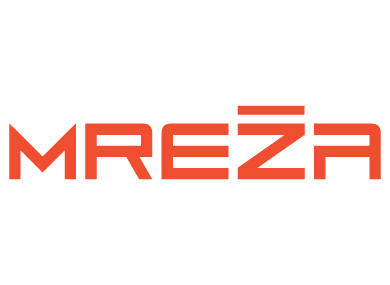DHMZ Central Integration Platform - CIP
Track
Best Practicies & Success Stories
Date and time
Monday, 16. October 2023., 09:55
Room
Hall D
Duration
45'
Croatian Meteorological and Hydrological Service (DHMZ) manages a significant number of measurement and associated information systems, associated databases, file systems and other data sources, which were developed or acquired with the aim of storing and processing data which are in it's domain of responsibility. Analyzes of the existing work processes has determined the need for upgrading the existing information systems with the aim of increasing the availability of the observed meteorological data and analyzes for various branches in economy, public activities and society in general, especially as a support for adaptation strategies to climate change.Diversity of measurement and data collection processes, records, transmission protocols and data sources, non-consolidation and difficult access to data are just some of the problems that prevent the effective use of collected monitoring data for the purpose of reporting and analysis, both by DHMZ and other subjects in the system. For this reason, there is a need for a solution that will integrate existing and future systems with different properties and that will enable efficient and functional use of collected data while abstracting non-functional properties such as source types, equipment manufacturers, sensor/measurement types, meteorological elements as well as other technical characteristics of data sources. Visualization and functional analysis of data and georeferenced display of data are of great importance because they enable the setting of the correct context in space and time.The main purpose of the Central Integration Platform (CIP) is to integrate access to heterogeneous sources of meteorological data in the DHMZ through a single point, so that the user of the DHMZ services does not have to search for data from multiple sources and combine them manually, but through open and standardized interfaces (Web services/application) retrieve all data in a unique way.Simplified access to data (current/archived) and its public availability will enable scientific research institutions, non-governmental organizations and all interested users to use the data for research and various applications related to climate change and its impact on sectors that have a great interest in meteorological data. It will also facilitate informing the general public about possible dangerous meteorological conditions related to climate change and will serve the processes of adaptation to climate change, through a common user interface according to defined access rules and data types.





